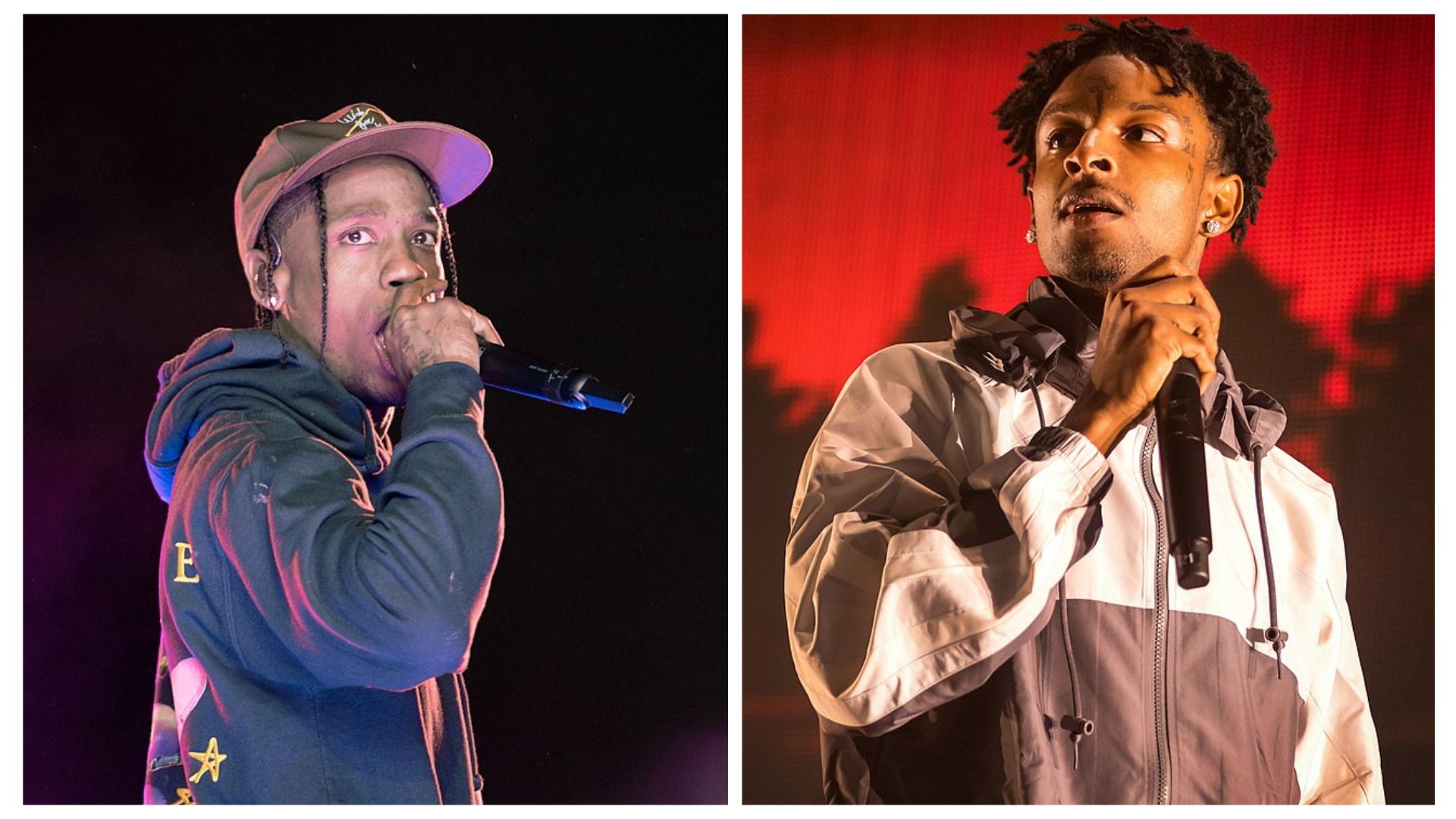The nameless artist referred to as Ghostwriter made headlines in April after dropping their A.I.-generated observe “Heart on My Sleeve,” which mimicked the “likeness” of Drake and The Weeknd, and struck a serious nerve with artists.
Now, he’s again with one other AI-generated observe, “Whiplash,” which mimics the likeness of rapper Travis Scott and 21 Savage. He dropped the observe on September 6 on TikTok and X (previously Twitter).
“The future of music is here. Artists now have the ability to let their voice work for them without lifting a finger,” Ghostwriter shared in a press release to The Instances. “If you’re down to put it out, I will clearly label it as A.I., and I’ll direct royalties to you. Respect either way.”
‘Heart on My Sleeve’ Submitted to GRAMMYS
Moreover, a latest report by The New York Instances, revealed that the artist additionally submitted “Heart on My Sleeve” for consideration at subsequent yr’s Grammy Awards below the class of “Best Rap Song” and “Song of the Year.”
Apparently, the music was eligible, regardless of the usage of AI know-how being identified, in line with Recording Academy CEO, Harvey Mason, Jr..
The observe brought about a stir when it garnered over 600,000 performs on Spotify and 275,000 views on YouTube. Following the controversy, Common Music Group (UMG) known as on main streaming platforms, together with Spotify, YouTube, Apple Music, TIDAL, and Deezer, to take away the music from their streaming providers.
UMG additionally condemned the observe and the usage of A.I., highlighting the moral accountability of platforms to stop their providers from harming artists. It has since introduced that it’s working with Google to create AI-Deepfaked artist voice licensing for followers to make use of.
In July, UMG’s normal counsel, Jeffrey Harleston, known as on Congress to go a federal “right of publicity,” together with a mechanism that may put people on discover when some content material is AI-generated.
Earlier this yr, the Recording Academy introduced AI protocols that stipulated that “only human creators” are eligible to be submitted for “consideration for, nominated for, or win a Grammy Award.”
Editor’s word: This text was written by an nft now workers member in collaboration with OpenAI’s GPT-3.


